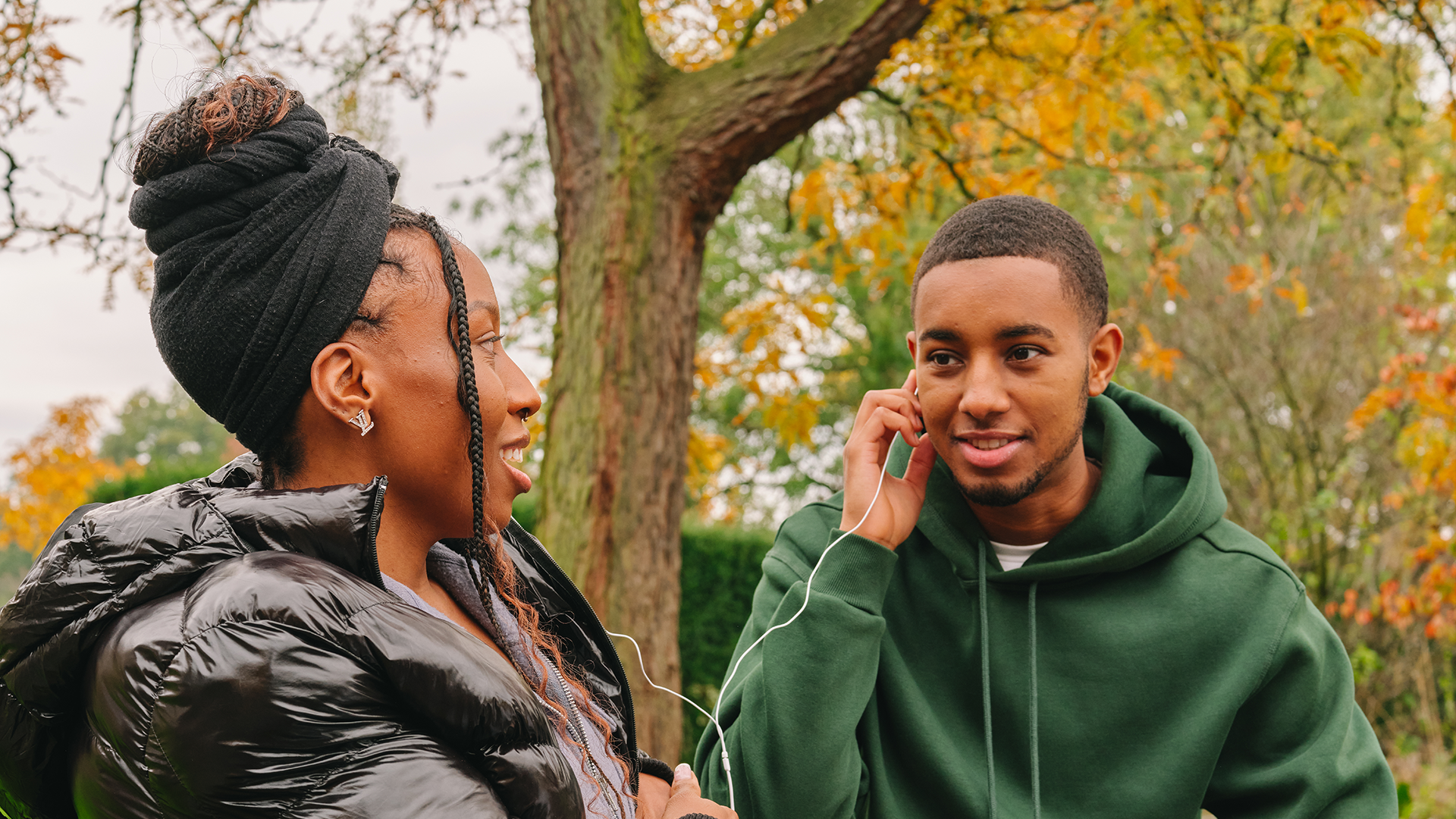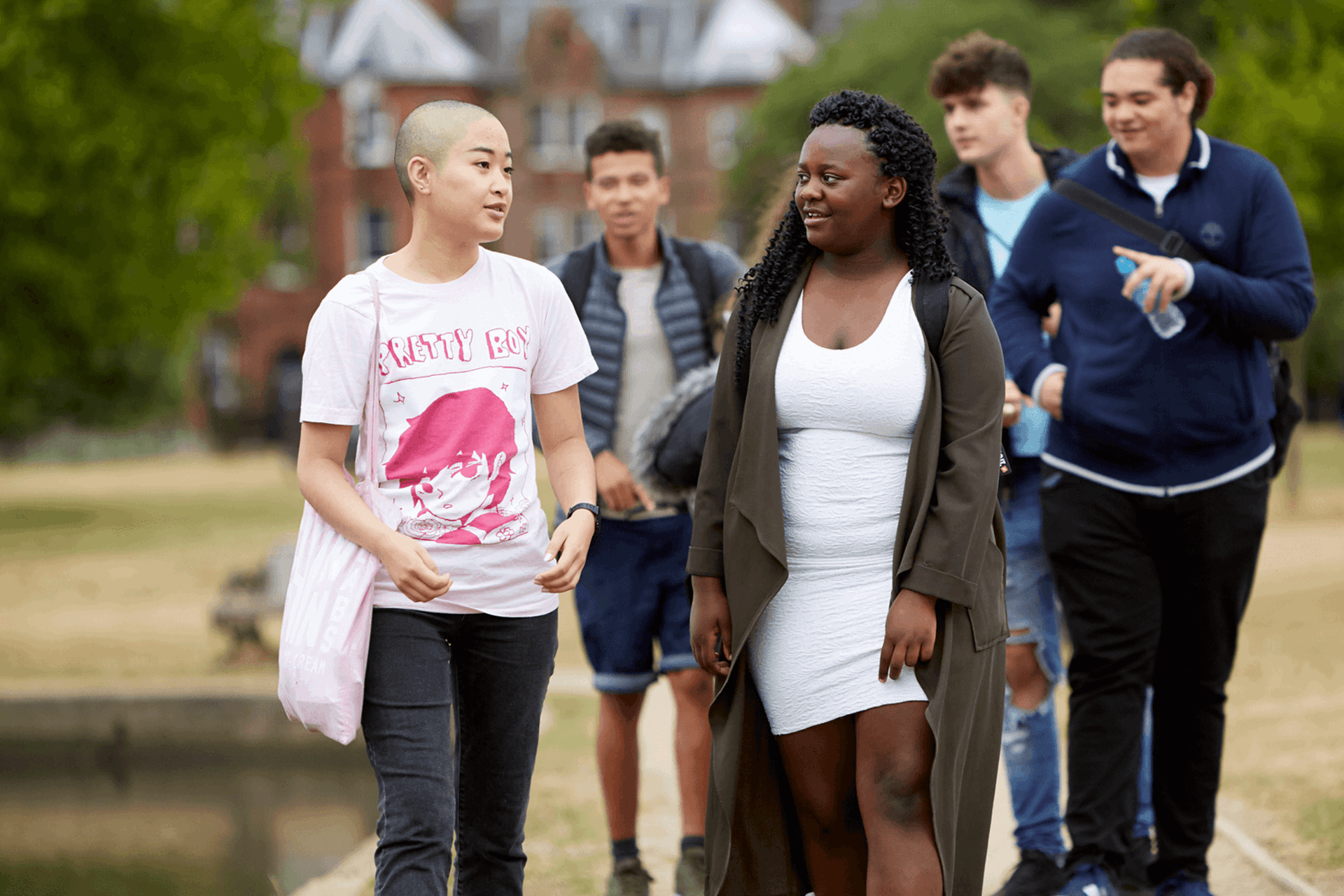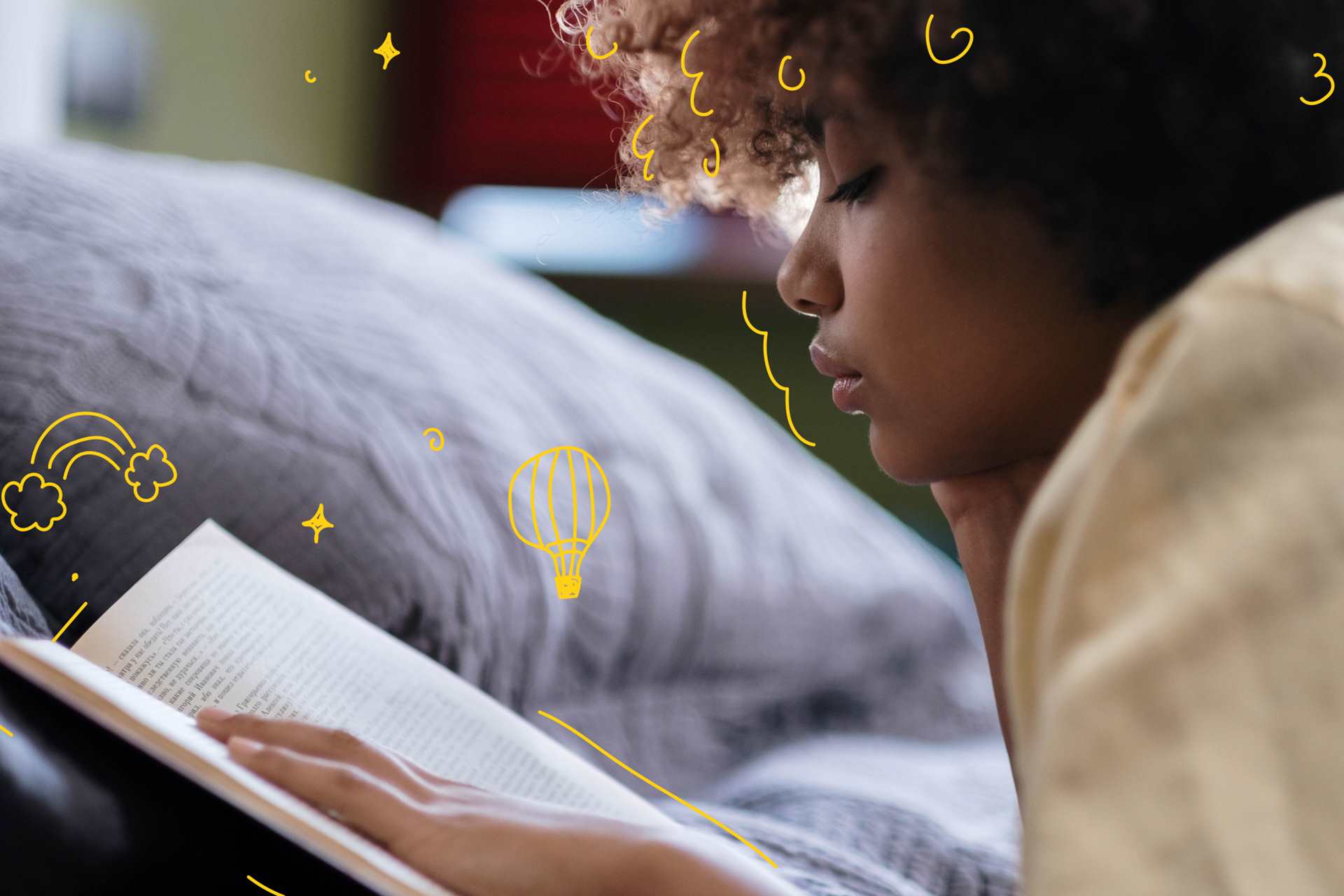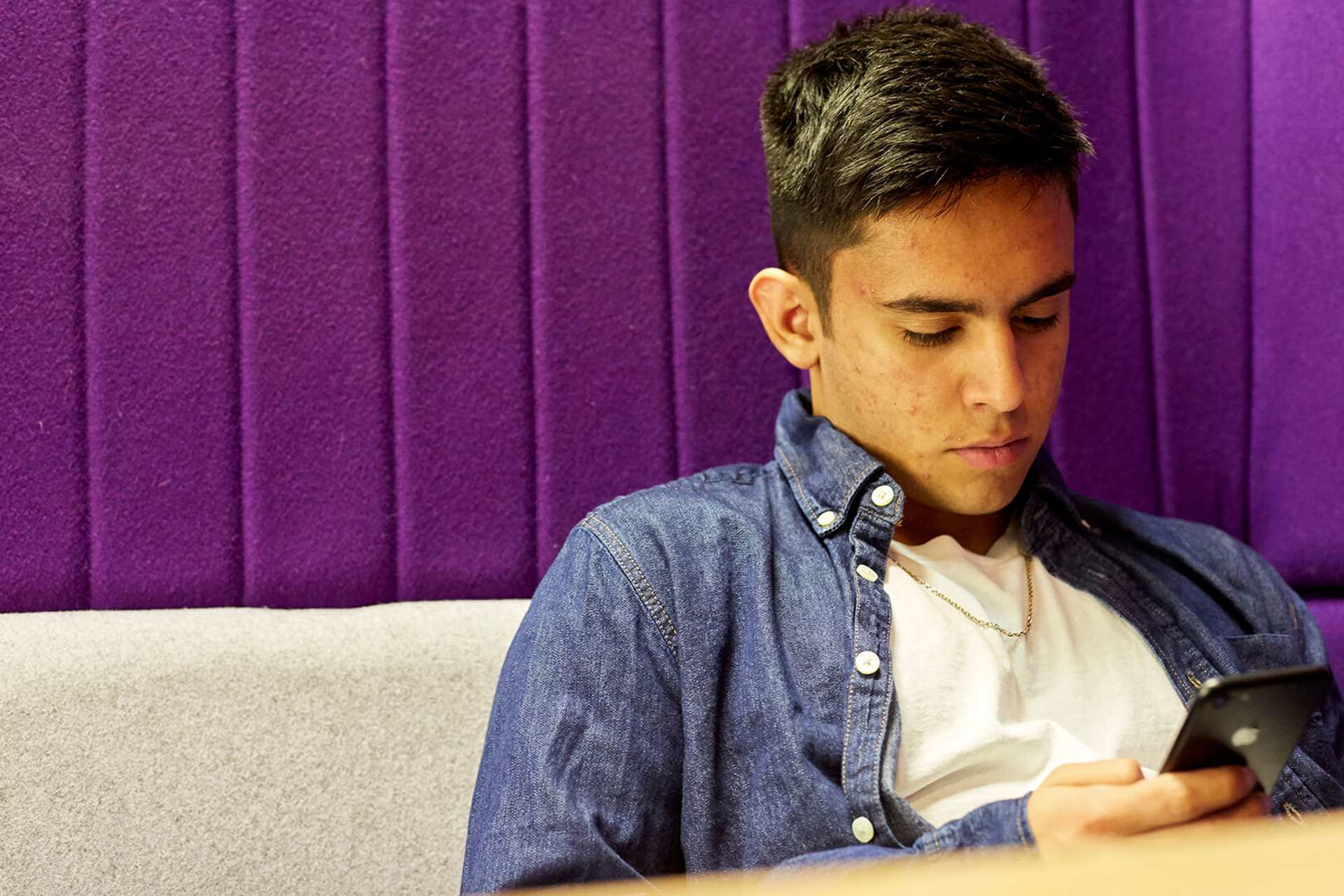Topics mentioned: self-care, grief and loss
About: Cedric explores how music has supported his mental health, helping him process emotions, find calm, and feel more connected. Through personal experience, he highlights the power of music as a tool for healing, self-expression and connection.
The healing power of sound
Music is more than just a collection of sounds; it's a profound form of therapy, a raw expression of the human spirit, and a vital tool for mental wellbeing. Science shows that music can heal, demonstrating how it's deeply connected to our mental health, helping to mend emotional wounds and past scars.
Music has been a huge source of support for me through challenging times, and I'm a passionate advocate for music therapy, truly believing it saves lives. My hope is that by sharing its power, others can discover this invaluable resource for themselves.
Music as therapy and expression: a scientific and emotional connection
Let's look at the amazing connection between music and the brain. Music has a big impact on our minds, especially the amygdala, the part of our brain that handles emotions. When we listen to music, this part of the brain is activated and releases feel-good chemicals like serotonin and dopamine. These chemicals help us feel more relaxed and happy.
Beyond this chemical response, music is a powerful way for people to express themselves. It helps us articulate complex emotions when words just fall short. From a creative standpoint, music is a universal tool that can forge friendships and cultivate healthy, supportive environments.
My personal journey: finding solace in sound
As a journalist who loves to write about music, and also a musician myself, I often find it challenging to put the depth of my thoughts into words. There's just so much to say. Yet, a single song can become a way to get your thoughts out, allowing listeners to connect on a profound level.
For me, the genres that bring immense comfort are melodic rap and R&B. This music has been instrumental in my own healing. When the stresses of the world become overwhelming, slipping on my headphones transports me into my own world. It blocks out the noise and helps me regain clarity. Artists often use their music as an outlet for their emotions, creating real-life stories that resonate deeply with their listeners.
If you're feeling sad, depressed, or anxious, music has an incredible ability to reflect your mood and lift your energy. However, it's important to remember that while music offers profound positive benefits, relying too heavily on anything can have an adverse effect, so balance is key. Music helps me organise my thoughts, calm me down, and remember the good times.
Connection and community: bridging the gap
In a world where we're so connected yet often so lonely, a gap can form between genuine human connections. The loneliness epidemic is made worse by the pressure to "focus on yourself," which can accidentally lead to isolation and make people feel even more disconnected.
Music offers a powerful way to bridge this gap. As a shared hobby or interest, it can significantly improve your mood and combat isolation. When you're a teenager, your brain's still developing. This can make music hit even harder emotionally, and it's why so many young people find musicians relatable.
I often find myself listening to a song that's attached to a specific memory - the places I've been, the moments I've lived. For me, music is a powerful tool for self-reflection, helping to refine my thoughts and bring harmony to my inner world. One song that’s helped me is Michael Jackson’s ‘Hold My Hand’. I know people feel differently about him, but for me, this track brings a sense of peace and clarity with its soothing voice that synchronises my thoughts.
Just as famous musicians often use their art to stabilise their own mental health, I do too. Beyond the mental aspects, music helps our bodies relax and eases stress. It helps combat isolation and fosters wonderful times within your friendship circle. Festivals, gigs, and even local music shops are fantastic places to meet new people and build genuine connections.
Embrace the harmony
Music is a multifaceted gift that offers therapeutic benefits, a powerful means of expression, and a pathway to deeper human connection. It has profoundly impacted my life and wellbeing, and I encourage everyone to explore its vast potential as a powerful tool to support their mental health journey. Let the harmony of music guide you towards greater clarity, connection, and peace.
More information and advice
We have tips and advice to help you find the support you need. Take a look at our guides.
Where to get help
However you're feeling, there are people who can help you if you are struggling. Here are some services that can support you.
-
Childline
If you’re under 19 you can confidentially call, chat online or email about any problem big or small.
Sign up for a free Childline locker (real name or email address not needed) to use their free 1-2-1 counsellor chat and email support service.
Can provide a BSL interpreter if you are deaf or hearing-impaired.
Hosts online message boards where you can share your experiences, have fun and get support from other young people in similar situations.
- Opening times:
- 24/7
-
CALM (Campaign Against Living Miserably)
Provides support to anyone aged 16+ who is feeling down and needs to talk or find information.
Free webchat service available.
Read information about the helpline and how it works.
- Opening times:
- 5pm - midnight, 365 days a year
-
Samaritans
Whatever you're going through, you can contact the Samaritans for support. N.B. This is a listening service and does not offer advice or intervention.
- Opening times:
- 24/7






